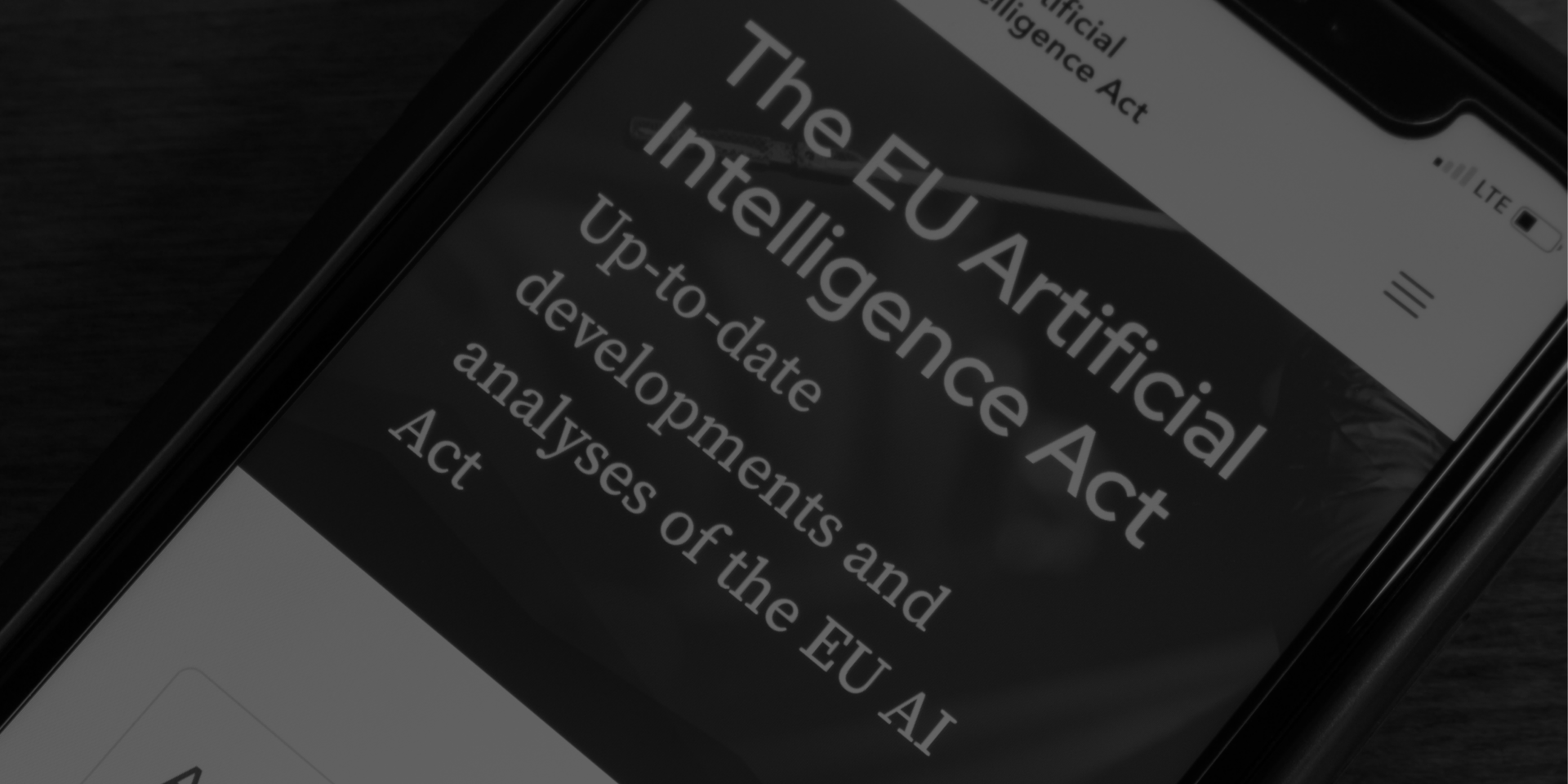The European Union (EU) recently set a precedent as the first global regulatory body to regulate the use of Artificial Intelligence (AI). The Europe AI rules, officially adopted in March 2024 as EU AI Act, introduced a comprehensive legal framework for AI with significant implications for corporate government and consequentially, the future of executive branding.
What’s the EU AI Act?

Simply put, the EU AI Act is almost identical to the General Data Protection Regulation (GDPR), passed in 2016, but for the inclusion of artificial intelligence regulations.
As an executive leading an organization already using or intending to use AI, it is important to understand that the legislation is extra-territorial in nature. This means it will apply across all EU countries. If your organization is from outside the EU but is planning to use AI covered under the Europe AI rules, you will still need to comply or risk facing severe repercussions.
According to Havard Business Review, most violations of the act will cost companies or of annual global turnover but can go as high as or of annual global turnover for violations related to AI systems that the act prohibits
C-suite leaders are now faced with different responsibilities relating to the design, implementation, scaling, and maintenance of these new AI rules. In this context, the concept of executive branding emerges as a critical tool for preparing and adapting to the implications of the Europe AI rules.
76%
Source: A survey conducted by Edelman Trust Barometer
Executive branding now not only enhances your reputation and visibility as a C-suite leader but also serves as a strategic asset in navigating the complex landscape of AI regulatory changes and fostering the audience’s trust in your company.
Now while the EU AI Act will unlikely have an immediate impact on the legal and tax professions — similar to the recent U.S. Executive Order on AI, which largely focuses on the technology and government sectors — its passing does signal to C-suite leaders in every industry the need to start making necessary preparations in regards to the changing AI regulations.
Why executive branding is the strategic imperative to prepare for Europe AI Rules changes
As social media becomes more and more synchronized with our day-to-day lives, C-suite executives are increasingly viewed as the face of their companies. Your personal brand therefore significantly impacts the success and reputation of your organization.
From requirements related to data governance and transparency to prohibitions on certain high-risk AI applications, the Europe AI rules pose significant challenges for businesses operating in the AI space. However, by leveraging executive branding strategies, you can better prepare yourself and your organization for these changes.
Here’s how you can leverage your personal branding to the changes in AI Acts:
1.
Building trust and credibility
63%
of consumers trust information about a company if it comes from a company executive.
Source: 2023 survey by Edelman
To navigate the complexities of the EU AI Act, you must be perceived as knowledgeable and forward-thinking. Actively engaging in thought leadership through consistently sharing your insights on social media can help you build trust among stakeholders, including customers, regulators, and the public. By demonstrating a commitment to ethical AI practices and compliance with regulatory requirements, you can position both yourself and your organization as a responsible AI innovator, thereby mitigating potential reputational risks associated with the EU AI Act.
2.
Crisis management and communication
In the event of compliance issues or public scrutiny, a well-established executive brand can be a critical asset. Having a well-built reputation for transparency and ethical conduct can help you navigate crises more effectively. Your credibility can help manage public perceptions and communicate corrective actions convincingly, thereby maintaining stakeholder trust and minimizing reputational damage.
3.
Driving innovation and adaptation

Effective executive branding fosters a culture of innovation and adaptability within organizations. By positioning yourself as a forward-thinking visionary, you can encourage a proactive approach to compliance with the EU AI Act among your team, and drive the development of responsible AI solutions that align with regulatory standards.
4.
Engaging with policymakers and industry peers
Active engagement with policymakers and industry groups is crucial for shaping and responding to regulatory developments. By contributing to policy dialogues and industry forums, you can advocate for practical and balanced regulations that consider both innovation and safety. This engagement also provides valuable insights into regulatory trends, allowing for more informed strategic planning.
Case Studies: How executives have leveraged personal brands to align with regulatory standards
Several high-profile executives have successfully leveraged their personal brands to align with regulatory and ethical standards.

For instance, Sundar Pichai, CEO of Alphabet Inc., has consistently emphasized Google’s commitment to ethical AI and compliance with global regulations
His thought leadership has positioned Google as a responsible AI leader, fostering trust among regulators and the public.

Similarly, Brad Smith, President of Microsoft, has been an outspoken advocate for AI regulation and ethical technology development.
Smith has reinforced Microsoft’s commitment to responsible AI by actively engaging in policy discussions. He regularly promotes Microsoft’s ethical AI framework, aligning the company’s brand with the values emphasized by the EU AI Act.
The bottom line is….
The EU AI Act represents a significant shift in the regulatory landscape for AI technologies. For executives, navigating these changes requires more than just technical and legal compliance; it demands a strategic approach to personal and corporate branding.





